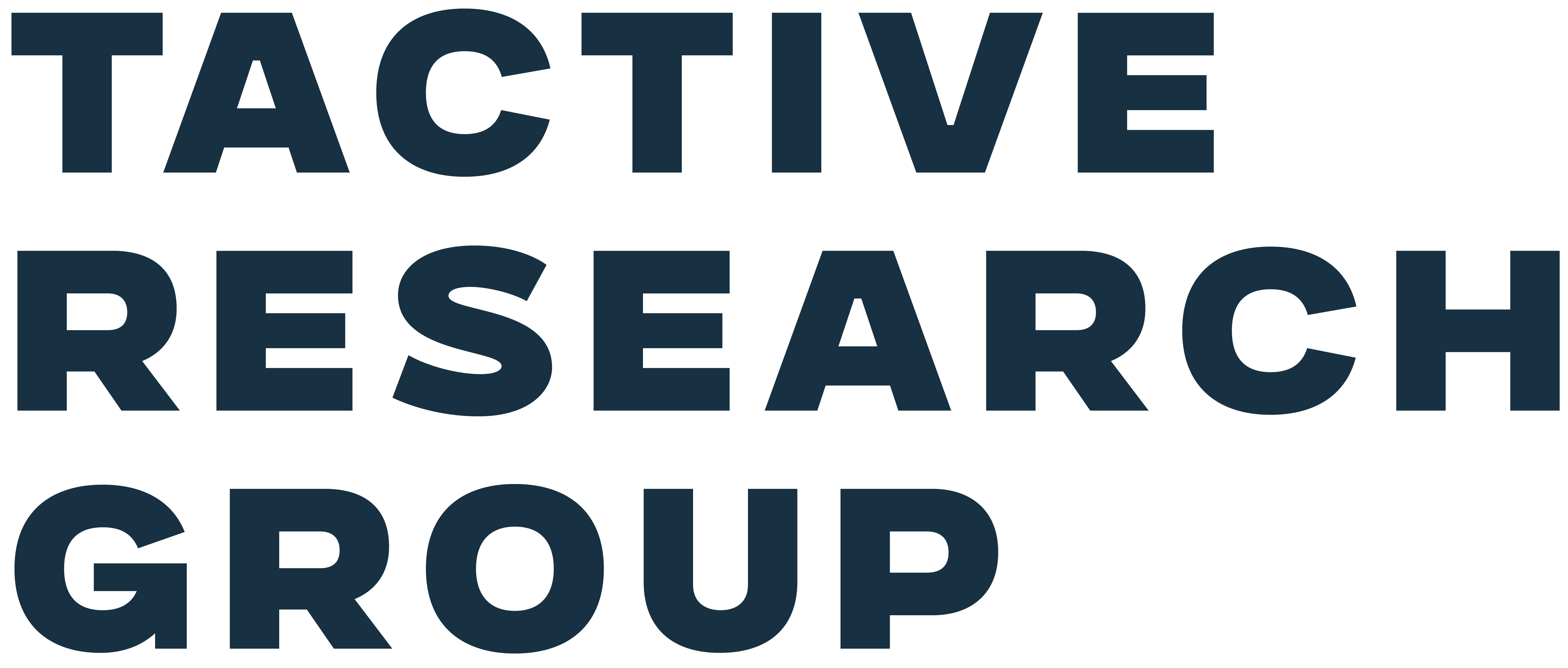Organizations considering moving to DevSecOps may lack the budget or resources. Implementing DevSecOps requires a combination of development, operations, and security skills but finding professionals with expertise in all these areas can be challenging. Additionally, while DevSecOps automates many tasks, some processes still require manual intervention, which can introduce errors and inconsistencies. Many organizations have been leveraging Large Language Models (LLMs) in their daily operations, from customer service to data analysis. The innovative use of LLMs has also been extended to DevSecOps to enhance its processes, augment human capacity and reduce the dependency on highly specialized skills. Tech leaders and security experts must harness the power of LLMs within their DevSecOps strategy to streamline operations, improve efficiency and ensure security across the development pipeline.
DevSecOps Process Flow
Integrating AI into every stage of DevOps can significantly enhance security and automation. Here is an overview …

